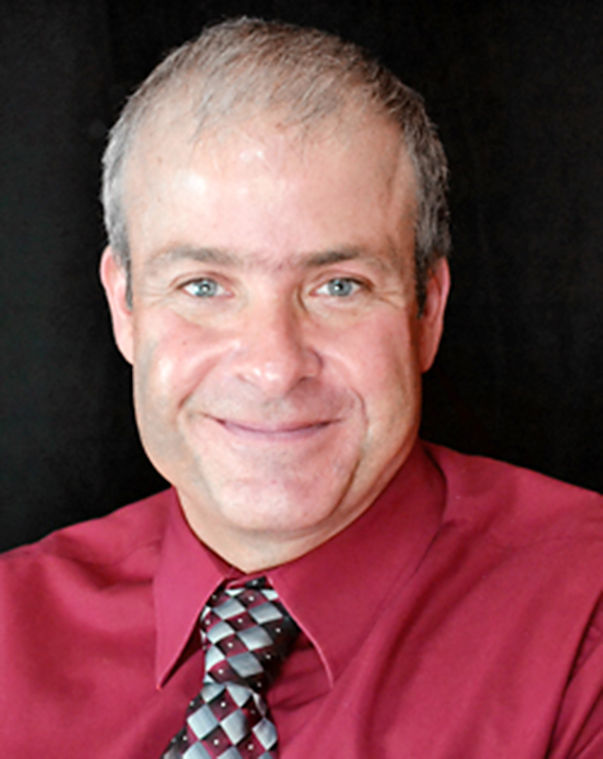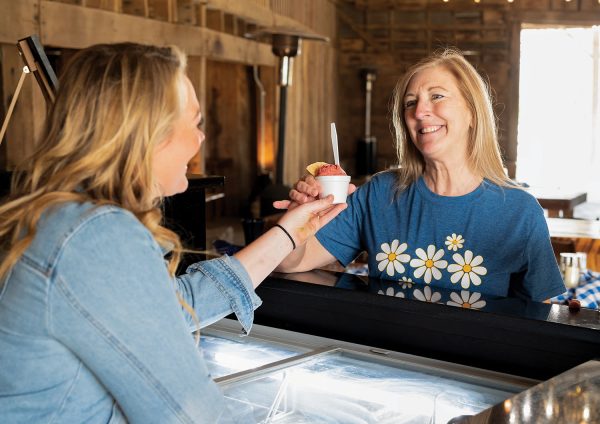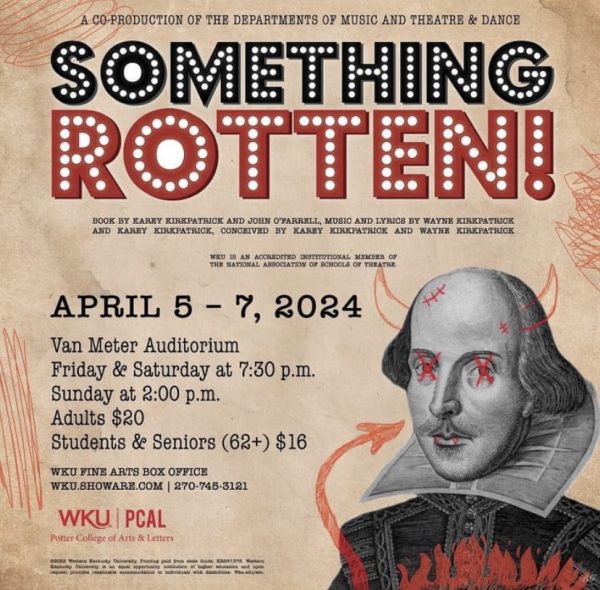Wheelchair Basketbrawl Challenge returns for 11th year
October 16, 2013
Sweat trickles down the players’ necks as they rush, dribbling down the court, shouting as they barrel past each other to make it to the basket.
But for this game of basketball, fans won’t hear the scuff of sneakers against the court floor.
Matt Davis, coordinator for Student Disability Services, organized the Wheelchair Basketbrawl Challenge, an event where students and staff are able to watch and participate in wheelchair basketball.
Presented by Student Disability Services as part of Disability Awareness Month, Davis said this is the 11th year for the event.
The scrimmage, which will be held at Preston Center tonight at 6 p.m., will feature players from the Music City Lightning, a wheelchair basketball team hailing from Nashville.
As well as organizing the event, Davis has been a member of the Lightning for eight years and plans on playing in the exhibition game tonight.
“We’ll split up into two teams and then play each other and then after that, we will probably get some victims — I mean students — to participate as well in chairs if they want to play in the game.”
During the game, modified sports wheelchairs will be provided for students, disabled and able-bodied who wish to participate. But according to National Wheelchair Basketball Association rules, one must be disabled to play on a national team.
Davis is well-versed on all things associated with wheelchair basketball, serving as the president of the National Wheelcats, a sponsor of tonight’s game.
“You can play wheelchair basketball if you have a condition or a disability that prevents you from playing general, regular basketball,” he said. “You don’t necessarily have to be in a wheelchair to play wheelchair basketball.”
One member of the Lightning is a single amputee. Another has cerebral palsy. And Davis was born with Spina Bifida. But this doesn’t stop them from playing the game.
Mike Sells, coach of the Music City Lightning, said that they play according to NCAA collegiate rules, only they play in wheelchairs.
“The biggest difference we have is when you’re shooting, your back wheels have to be behind the free throw line or the three-point line,” Sells said. “The other one is you have to dribble the ball every two times you push your chair, so you can push it one, two, and then you’ll have to dribble before you push it a third time.”
Sells hopes that this event will help take away some of the stigma attached to disabilities. While legislation like the Americans with Disabilities Act has helped to establish heightened awareness, as well as provide services and support to those who are disabled, Sells said there is still a long road ahead.
“A lot of the ADA laws have helped a tremendous amount,” Sells said. “But there’s so many more people who aren’t aware of what’s out there.”
The best thing to come out of events like wheelchair basketball games, Sells said, is the level of awareness it brings not only to the game, but to the players and their abilities.
“There are people to this day that will come out to a wheelchair basketball game and go, ‘Well, I had no idea people in wheelchairs played basketball,’” Sells said. “People with disabilities are able to do things and they are competitive with it. It’s a recreation to a degree, but it is really competitive.”
Davis said that events like the Wheelchair Basketbrawl Challenge show people that disability does not mean unable, focusing not on the disability of the body but the ability of the person.
“Sometimes students, faculty, staff or the general community may have a perception of what they think a disability is or how it affects people and may have a conception of what wheelchair basketball is, maybe have never seen it,” Davis said.
Fordsville senior Kayla Roach said she helped organize and spread the word about the event as part of her internship at the office of Student Disability Services. Although she has never seen a wheelchair basketball game, she’s eager to watch from the sidelines and answer any questions the crowd may have about disability services on campus.
“I hope this event increases the overall campus awareness of SDS and the services we offer,” Roach wrote in an email. “Also, in general, I think there seems to be a negative stigma associated with asking for help. People tend to think asking for help is a sign of weakness. At SDS, we strive to focus on the individual’s abilities, not their disabilities.”
Roach believes that people’s perceptions of disabilities often center on a certain image, but said that many students registered with her office have hidden disabilities. But regardless of the severity of the condition, people with disabilities are just as capable as anyone else.
“I once heard someone say they didn’t like the word disability, but preferred the phrase differently abled,” Roach wrote. “I agree. Most of the students I work with are very much able. They just go about doing things in a different way. I hope events like this will help people realize that just because a person does something differently, whether that be use a wheelchair or require extended time on a test, chances are you will have more in common with this person than differences.”













![Students cheer for Senator at Large Jaden Marshall after being announced as the Intercultural Student Engagement Center Senator for the 24th Senate on Wednesday, April 17 in the Senate Chamber in DSU. Ive done everything in my power, Ive said it 100 times, to be for the students, Marshall said. So, not only to win, but to hear that reaction for me by the other students is just something that shows people actually care about me [and] really support me.](https://wkuherald.com/wp-content/uploads/2024/04/jadenmarshall-1200x844.jpg)




![Megan Inman of Tennessee cries after embracing Drag performer and transgender advocate Jasmine St. James at the 9th Annual WKU Housing and Residence Life Drag Show at Knicely Conference Center on April 4, 2024. “[The community] was so warm and welcoming when I came out, if it wasn’t for the queens I wouldn’t be here,” Inman said.](https://wkuherald.com/wp-content/uploads/2024/04/smith_von_drag_3-600x419.jpg)






